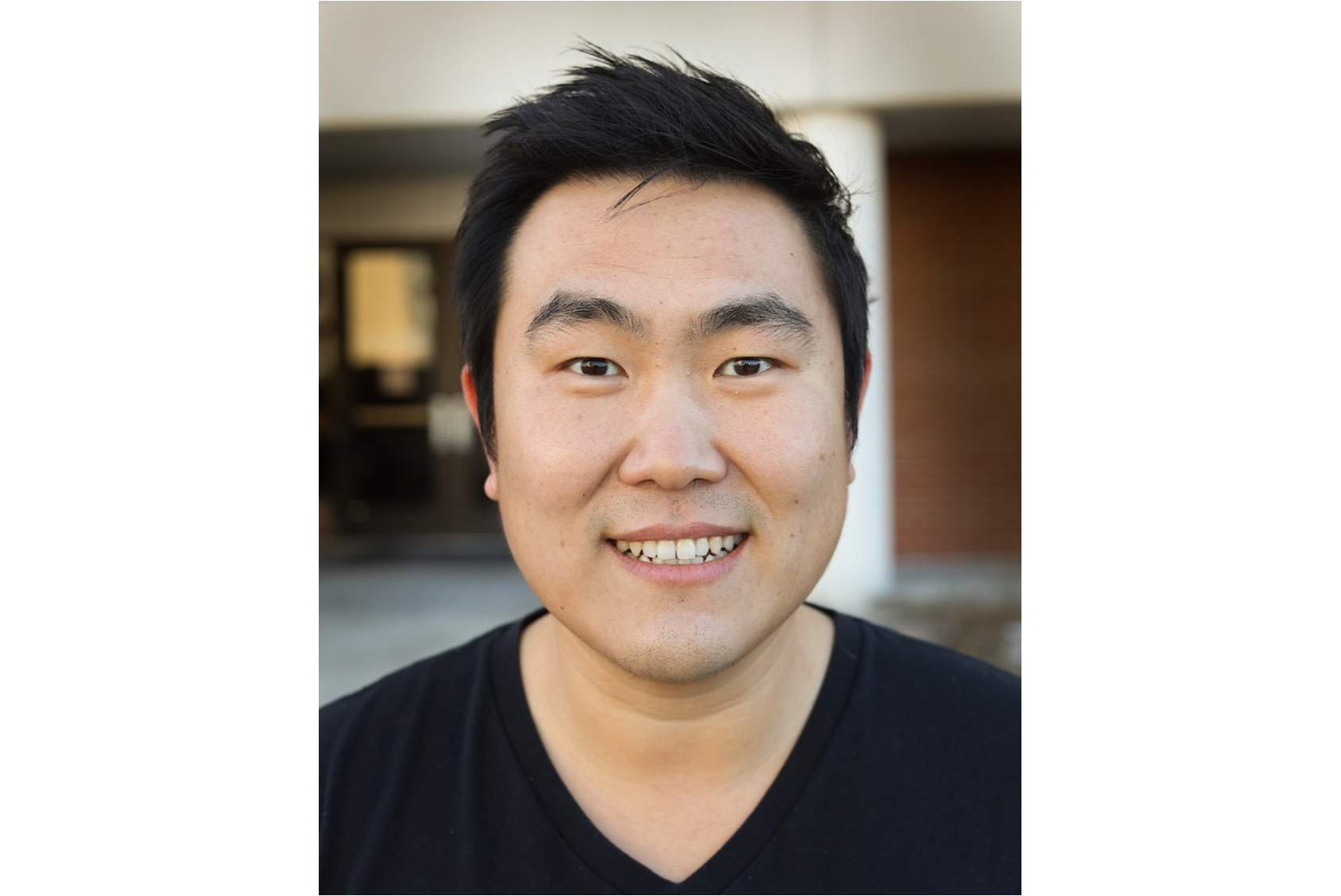‘Biochemist at Heart’: Dr. Sun’s Innate Curiosity Propels Successful Early Research Career
Ramon Sun, PhD, is an assistant professor of neuroscience whose lab focuses on interpreting the molecular events connecting complex carbohydrate metabolism to cellular metabolism, signaling, and physiology.
While his primary appointment is in neuroscience, his work also encompasses molecular and cellular biochemistry and is affiliated with Markey Cancer Center, Sanders-Brown Center on Aging, and the Spinal Cord and Brain Injury Research Center.
You can learn more about Dr. Sun in the following Q&A.
Q: Why did you want to pursue a research career?
A: I always wanted to be a scientist. I've never considered a different career. And I kind of just went for it and never had a second thought. What I do right now is essentially what I find interesting both clinically and scientifically. I follow the little breadcrumbs that are left behind by diseases and then try to do experiments that other people are not doing. I'm trying to push the boundary of science and technology – that's what most interests me, and that's what keeps me going every day. Seeing new results, new data that is completely unexpected, it’s like unwrapping a Christmas present. It’s pretty amazing.
Q: What are some current projects you are working on?
A: I'm a biochemist at heart. We are almost disease agnostic, which also means that we go after whatever disease that seems to be interesting in our model systems. So right now, we have quite a few research programs that include Alzheimer's disease and non-small cell lung cancer sarcoma, a pediatric cancer. We also have some really cool research programs involving pulmonary fibrosis, spinal cord injury, and traumatic brain injuries that are focusing on how complex sugars are involved in repair and recovery processes in these topical diseases.
A lot of our research is really at the forefront of science. I have a lot of really, really good collaborators and friends across campus. For a lot of these collaborative efforts, they should be credited, if not more than I am. These include: Matt Gentry, Warren Alilain, Craig Vander Kooi, Christopher Waters, Doug Andres, Lance Johnson, and Josh Morganti.
Q: How would you describe your experience at the UK College of Medicine so far?
A: UK is great. It’s a very supportive environment. I think the best thing about UK is the collaborative effort. It's not hard to find collaborators. And actually, it's not hard to find good friends. A lot of my collaborators are good friends, and we grab coffee or beers when we're not doing science. Sometimes, we even discuss science over a beer – which is kind of a nerdy thing to do, but it's nice to hang out with people I work with.
Q: What are some of your career aspirations?
A: Curing a disease is easier said than done. But I want to make a difference in patients’ lives. In pediatric cancer research, for example, some kids die in their early teens. If I can make a difference in their lives where they can live to see college, they can live to drive, they can live to have a family, then I’ve done my job. I have a little kid at home, so pediatric cancer research really touches me. I’m always thinking, what if that happened to my own kid?
If you asked me this five or 10 years ago, I would tell you my goal would be to win the Nobel Prize. A lot has changed. Having a kid changed my state of mind and what I want in life. I don't need to cure a disease. I just need to see maybe 10-20 years down the line that something that I did in this lab helped make the difference in a patient’s life in the future.
***
To check out more of Dr. Sun’s work, visit the links below to recent UK Now stories.
Work by Sanders-Brown Researchers Catches Attention of Cure Alzheimer’s Fund
Researchers Map Glycosylation Patterns Associated With Alzheimer’s Disease
University of Kentucky Researchers Discover Fundamental Roles of Glucosamine in Brain
